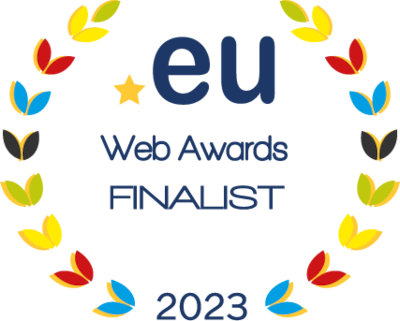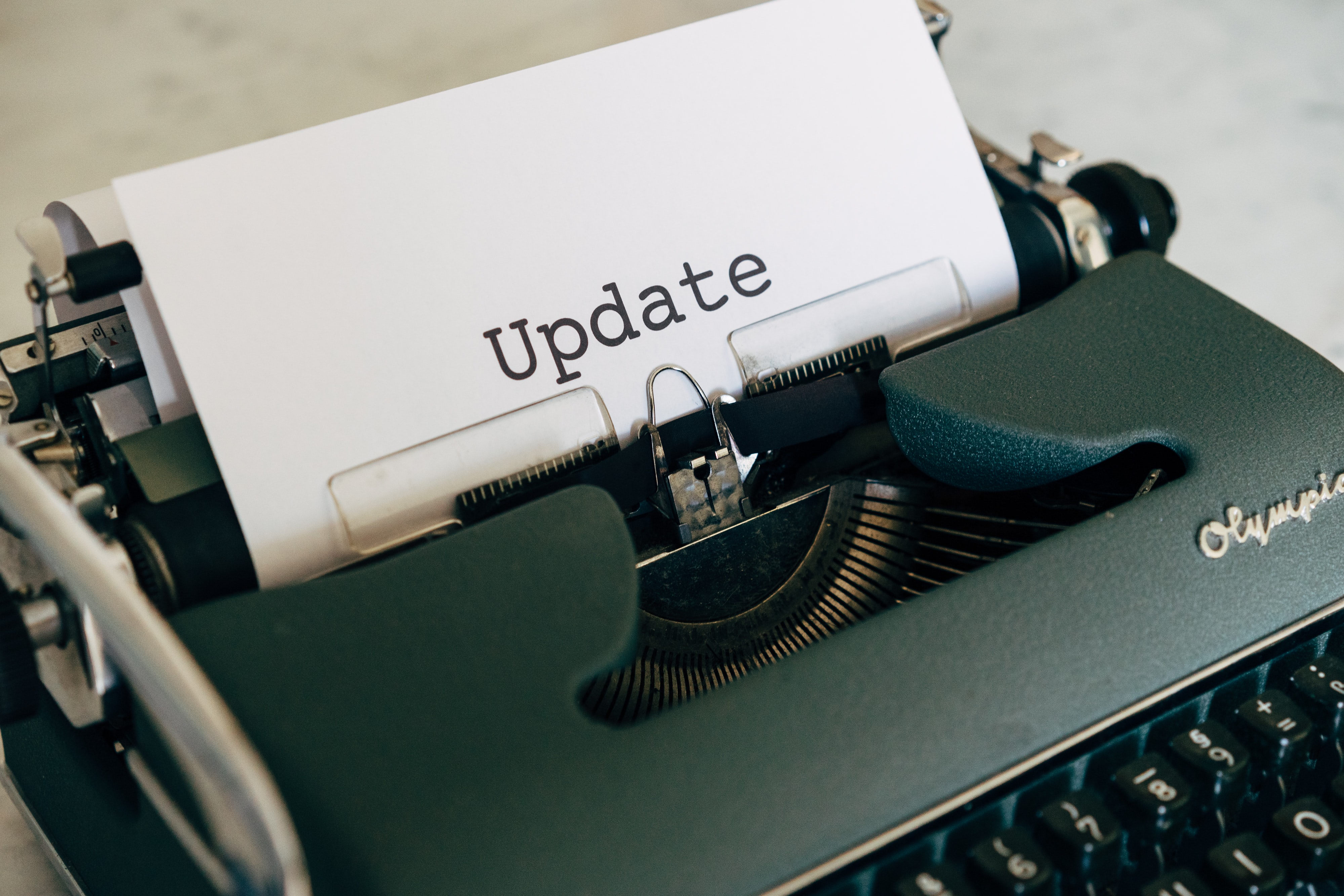
Acting together! Enhance participation in Community energy initiatives
14 Jun 21
Limiting the administrative burden, building an enabling legal framework and securing the financing opportunities are key for the uptake of energy communities and collective energy actions but these elements alone are not sufficient to guarantee those initiatives take-off. A wide engagement of local stakeholders is a fundamental piece to realize projects at local level and this is why DECIDE dedicates to investigate the social aspects behind the motivation, the barriers and dynamics that moves individuals to join energy communities and collective actions initiatives.
During the workshop 'Acting together! Enhance participation in Community energy initiatives' that took place on 10 June as a Green Week partner event, participants had the chance to learn about the importance of elements such as a transparent communication, clear goals and path to reach them, involve communities that already exist, take time to understand the stakeholders involved and consider rebound effects.
A key element to secure the buy in of local community is their direct engagement in defining the direction of the initiative. There are many different ways and levels of engagement can range from a consultation to hear the opinion of members and local stakeholders to a co-creation and co-development of the initiatives itself opening up for a more participated and democratic decision making process, depending on how much open these are to an active participation. Independently from the degree of openness, the involvement of local community is fundamental to foster the sense of self-efficacy hence the motivation to sustain the initiative.
All these issues become concrete thanks to the experience that were shared during the event: Ulfer Hoehne which with OurPower is operating a digital platform where small scale producer can offer their electricity; Daniel Rodik that with the civil society organization DOOR in Croatia is tackling the sensitive topic of energy poverty and Francesco Tutino that presented the work of the city of Bologna in involving the citizens in actively contributing to the Sustainable Energy Action Plan of the city and recently started G.E.CO, an energy community project in the Pilastro district.
In two rounds of discussions, participants had the chance to reflect and share their experiences on main barriers for individuals to join initiatives, reflecting on the elements that motivate them and what are concrete possible action that can be put in place to enhance engagement.
The EU funded projects COME RES and PowerPoor contributed to the workshop.
The recording of the event is available on the DECIDE website and on the DECIDE YouTube channel.
In the following links you can access the presentations:
- Set the Scene. What makes people participate in Energy Communities. Sonja Klingert & Celina Kacperski, University of Mannheim; Florian Kutzner & Mona Bielig (University of Seeburg)
- Breakout Room 1 with Ulfert Höhne – OurPower Coop, Austria
- Breakout Room 2 with Daniel Rodik – Door, Croatia
- Breakout Room 3 with Francesco Tutino - City of Bologna
Take a look at the results of the breakout rooms that took place under the title 'What happens on the ground':
All news


